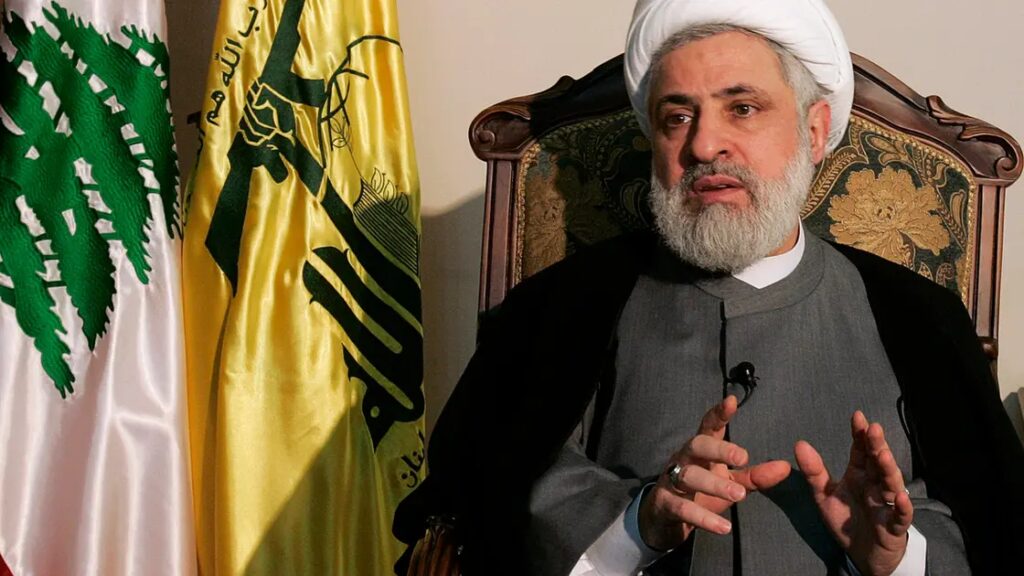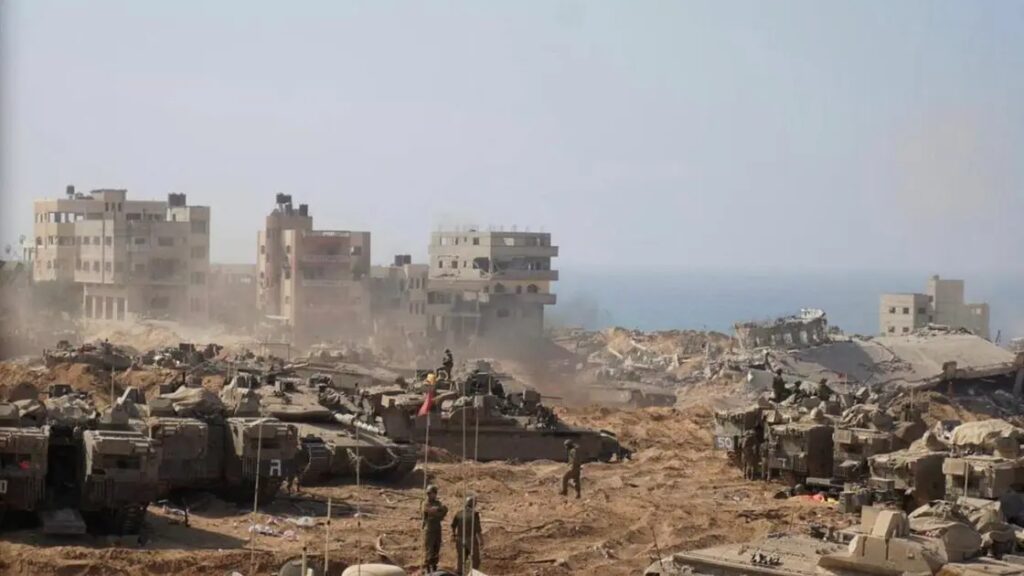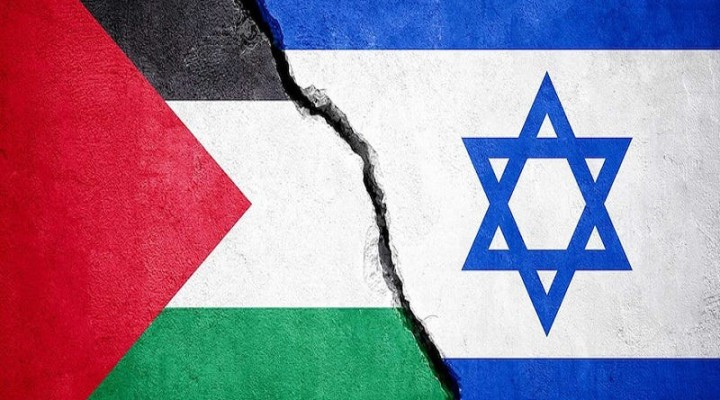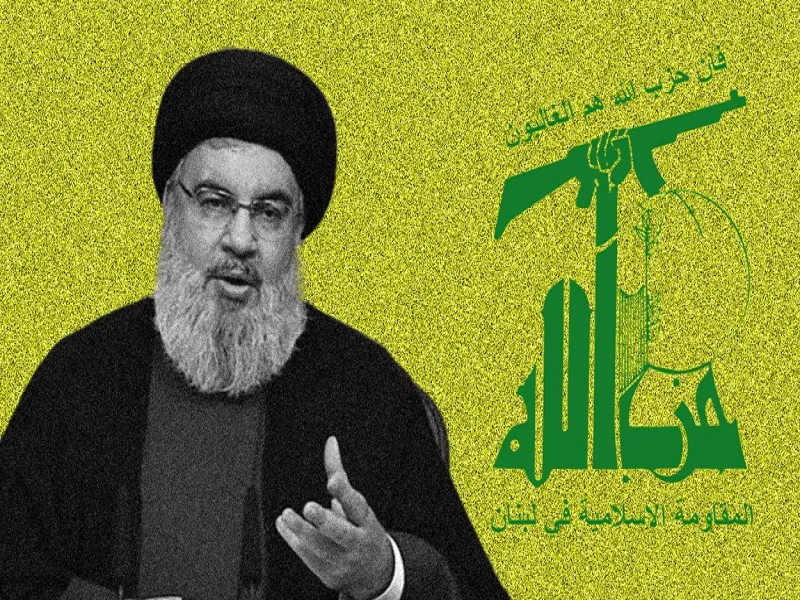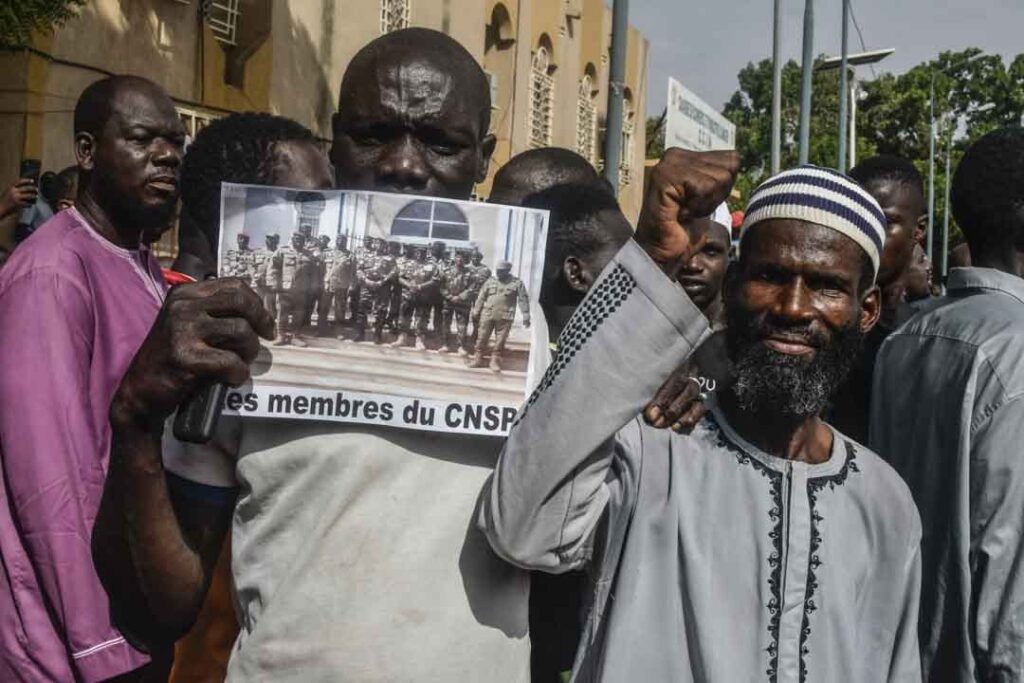No consensus yet among Iraqi armed groups on joining Israel-Hamas war
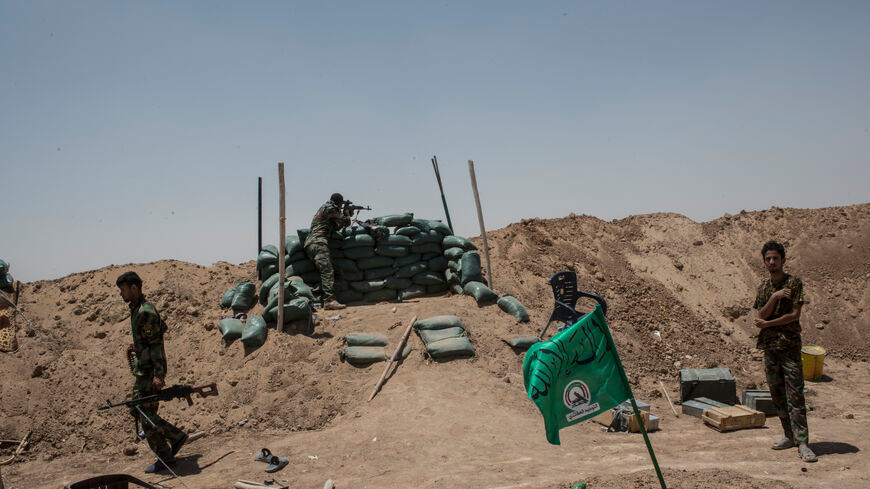
Interviews with faction leaders reveal anger with Hamas over starting a unilateral conflict, but also a determination to get involved if Hezbollah greenlights such a move and Israel invades Gaza.
Iranian-backed Iraqi armed factions are unlikely to participate directly in the Israel-Hamas war as long as it is solely led by the Palestinian militant group, amid a split in the decision to target US military bases in Iraq and Syria among these same factions, commanders of Iranian-backed armed groups told Al-Monitor.

